Hearing that your kidney function is declining is scary.
For many, the first instinct is to Google: “What should I eat to slow down kidney disease?”
Within minutes, you’re bombarded with endless (and often contradictory) food lists:
- Bananas are out.
- Potatoes are dangerous.
- Protein is harmful.
- Dairy is forbidden.
- Don’t drink too much water!
It’s overwhelming—and frightening. No wonder so many people respond by cutting out foods “just in case.” Unfortunately, this often leads to a diet that’s far more restrictive than necessary, which can actually harm health instead of protecting it.
You’re not alone—almost every client I see has tried to “Google their way” into kidney health before working with me.

Chantelle Greentree, RD
The Fear Factor of Googling Kidney Diets
Searching online for “kidney disease diet” or “foods to avoid with kidney disease” often magnifies fear more than it provides clarity.
Many websites list worst-case restrictions without explaining who they apply to or when they’re necessary.
The result? People slash entire food groups without reason, which can quickly cause:
- Nutrient gaps
- Unwanted weight loss
- Constant fatigue
- Faster health decline
Instead of feeling empowered, people are left anxious and afraid of food.
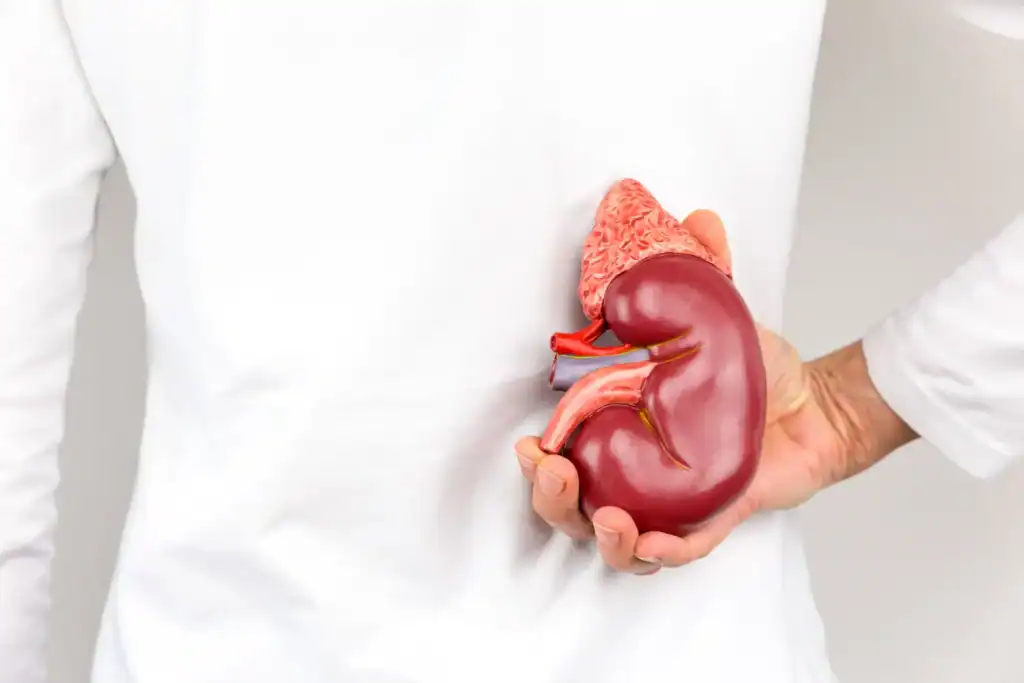
The Truth About Kidney Disease & Nutrition
Here’s what Google rarely explains: nutrition for kidney health is highly individualized.
What’s safe—or necessary—for one person may not apply to another. Your stage of kidney disease, recent lab results, and other health conditions all matter.
A few examples:
- Potassium – Some people need to limit high-potassium foods (bananas, oranges, tomatoes), but many do not. In fact, potassium often protects heart health in the right amounts.
- Phosphorus – Dairy is phosphorus-rich, but that doesn’t mean it’s always off-limits. In many cases, phosphorus doesn’t become a concern until later stages of kidney disease.
Cutting dairy too early may harm bone health. Processed foods with added phosphorus are often the bigger issue. - Protein – Protein isn’t always “bad.” The right amount helps maintain muscle strength and overall health. Too little protein can be just as harmful as too much.
- Fluids – Fluid restrictions are usually only needed in advanced kidney failure or during dialysis—not for everyone.
In short: kidney nutrition is not one-size-fits-all.
The Dangers of Over-Restricting a Kidney Diet
Avoiding more foods than necessary may feel “safer,” but it can backfire.
Over-restriction puts you at risk for:
- Malnutrition & muscle loss – when calories and protein are cut too aggressively.
- Weakened immune system – making it harder to fight infections.
- Lower quality of life – meals become stressful, and social eating feels impossible.
- Greater food anxiety – every bite feels like a risk.
The goal of a kidney-friendly diet is not to strip your plate bare. It’s to keep you strong, energized, and well—while protecting kidney health.
Another Approach to Eating with Kidney Disease
Instead of fear-driven restriction, a better way forward is personalized nutrition guidance:
- Work with a registered dietitian who specializes in kidney health. They can interpret your labs and create a plan tailored to your needs.
- Focus on what you can eat, not just what to avoid. There are usually more safe, delicious options than you realize.
- Make small, targeted adjustments. Strategic changes protect your kidneys without making your diet miserable.
Final Thoughts
If you’ve been newly diagnosed with kidney disease—or you’re supporting a loved one—it’s normal to feel overwhelmed. But Google can’t tell you what’s right for your body.
Instead of fearing food, reach out to a kidney-trained dietitian who can help you feel confident, safe, and supported—without unnecessary restrictions.
You deserve more than a list of foods to avoid. You deserve a kidney nutrition plan that helps you live well.

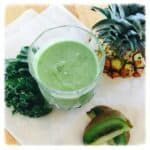

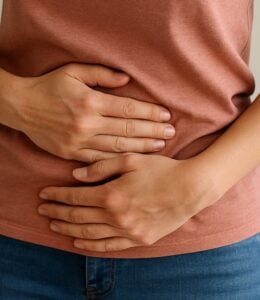
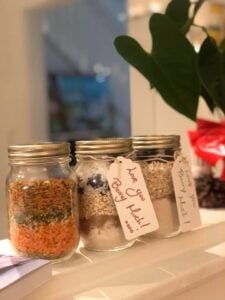
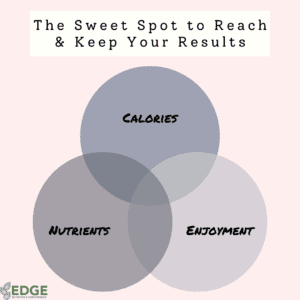
Add a comment